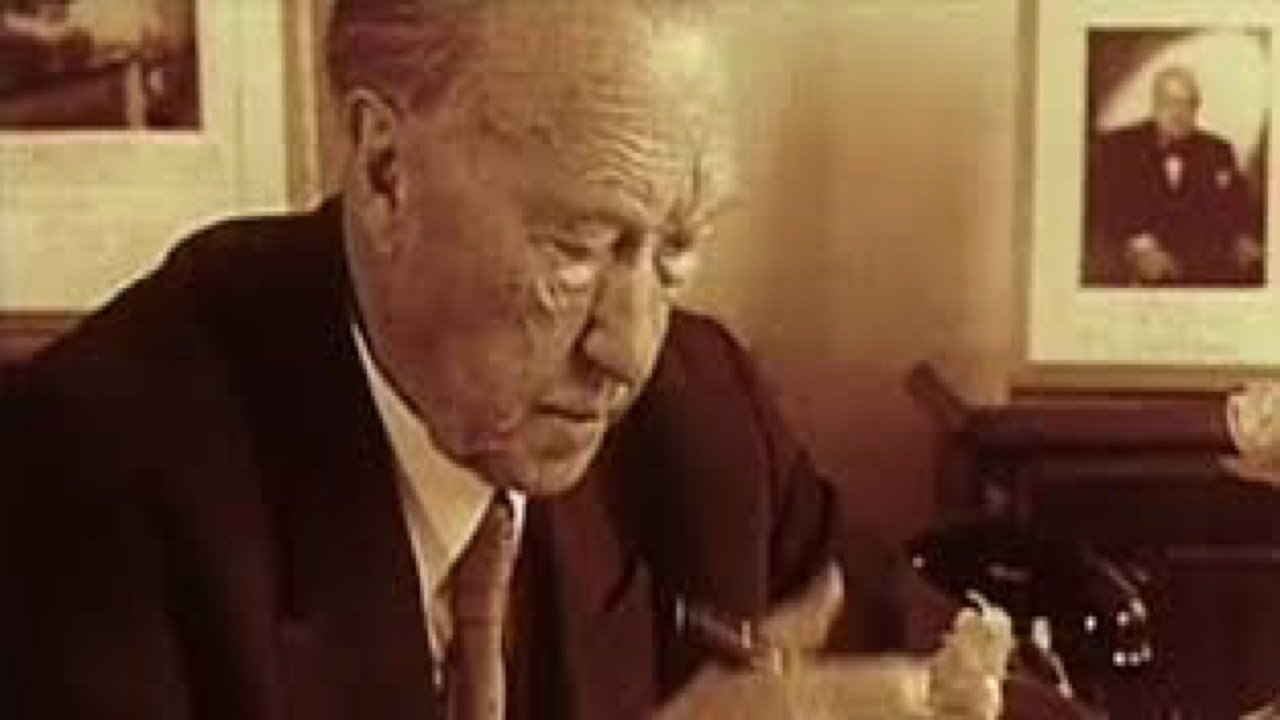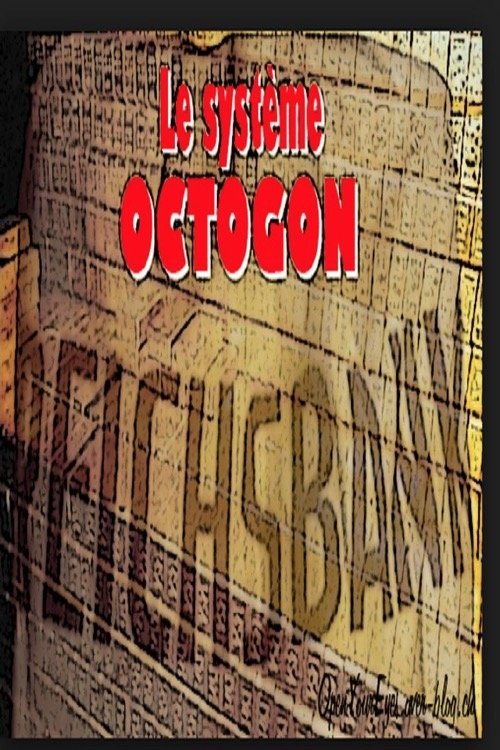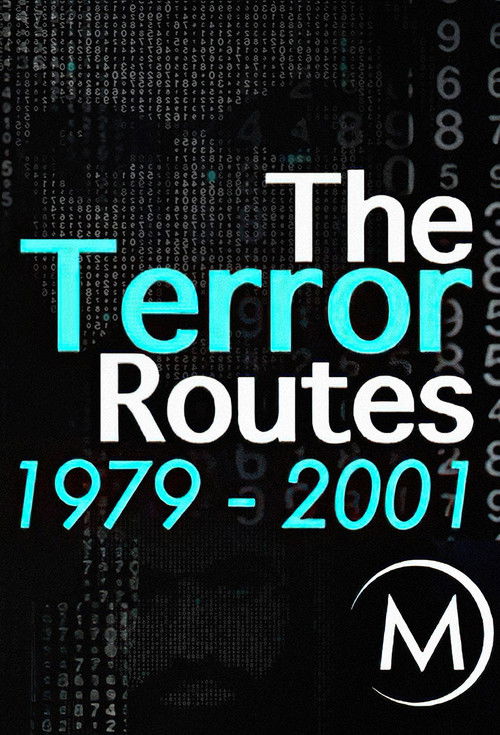
Fabrizio Calvi
Fabrizio Calvi (27 May 1954 – 23 October 2021) was a French investigative journalist who specialized in cases involving organized crime and the secret services. He worked as a writer and journalist and was the author of several films. He wrote more than 20 books and 40 films, including Série noire au Credit Lyonnais, L'orchestre noir, Les routes de la terreur 911 and Elf, une afrique sous influence, all of which were broadcast by Arte.
Calvi was involved in the birth of the newspaper Libération, where he specialized in foreign policy. From 1976, he covered social movements and terrorist groups in Italy. By the late 1970s, he followed the Mafia wars in Sicily and witnessed the birth of the anti-Mafia pool of the court of Palermo. From his many visits to Sicily, he wrote two bestsellers, La vie quotidienne de la Mafia and L'europe des parrains, both of which have been translated into ten languages, and a dozen documentary films such as La parade des saigneurs and Familles macabres.
In 1979, Calvi handled major investigations for Liberation, writing The Islamic Bomb and publishing revelations about the role played by France in a vast trafficking operation of uranium from Namibia, which was in direct violation of a UN resolution.
In 1981, Calvi published his first major paper at Grasset, "Camarade P.38," which focused on a gang of young killers of journalists in Milan during its "années de plomb." He was awarded a special mention at the 2009 Cesco Tomaselli Prize in Italy.
From 1983 to 1984, Calvi was the editor-in-chief in charge of major investigations and cases at the Matin de Paris. He published revelations about arms trafficking and drug use in the Balkans (an investigation taken up by the daily La Republica that led to a documentary that aired on Antenne 2). After leaving the Matin de Paris, he published two books on the secret services, including the OSS la guerre secrète en France pendant la seconde guerre mondiale, a book based on records declassified by the CIA, unpublished testimonies of former agents and the German secret agents responsible for tracking them.
As part of a film on the relationship between the Mafia and the Italian media magnate Silvio Berlusconi, Calvi interviewed with the judge Paolo Borsellino. Two months later, Borsellino was killed by the Mafia. The transcript of the interview, made public by the weekly L'Espresso in 1994 on the eve of Berlusconi's first election victory, provoked strong reactions in Italy. A pirated version of a rudimentary edit of this interview has been broadcast by RAI and circulates on the internet (where it has been seen by over 600,000 users). The full version was released in Italy in December 2009 on DVD by the newspaper Il fatto quotidiano. ...
Source: Article "Fabrizio Calvi" from Wikipedia in English, licensed under CC-BY-SA 3.0.




